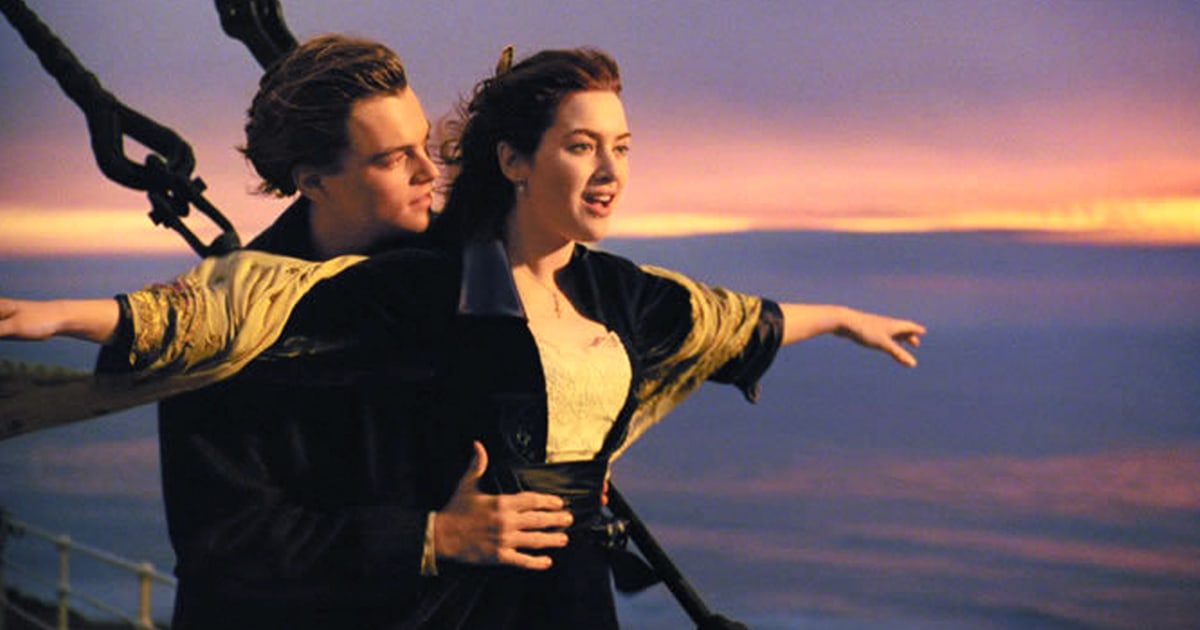
“Saturday Night Live” spoke for legions of frustrated film fans when cast member Pete Davidson and his crew unleashed their “Short-Ass Movies” rap song last weekend. The quartet bemoaned the fact that the monster running times for so many of its viewing selections made their eyes glaze over. They joked about double VHS releases and pondered why “Sex and the City 2” was 19 minutes longer than “Jurassic Park.”
Ironically, some people thought the nearly 3-and-a-half-minute skit could itself have been shorter, but it was still effective in making its point. So much so that Netflix created a “Short-Ass Movies” section two days later, featuring dozens of leaner releases from a wide variety of genres.
Simply put: Davidson’s critique was spot on, and a long time coming (pun intended).
While movies averaged two hours back in the 1950s and ’60s, they started to drop in length in the 1970s through the mid-1980s (admittedly, when I was young and developing my movie sensibility). Back then, a lot of films fell into the 90- to 100-minute realm, the sweet spot that Davidson is advocating for. And, by the way, that’s not really short — 75 to 80 minutes is, like those B-movies from the 1950s and 1960s shown at double features.
We live in an era dominated by superhero, fantasy, science fiction and action franchises, which means it’s hardly necessary for every film to have a sprawling running time.
Part of the reason movies had shorter run times by the 1980s was that professional quality VHS tapes could hold only two hours worth of material. Longer movies required a bulkier double VHS set that looked daunting. Also, if people were going to have a big movie night, the industry could make more money renting them two titles rather than one (today’s subscription services have made the payment per movie less relevant).
Longer running times in the 1980s were generally reserved for event movies, like historical biographies or superhero or sci-fi/fantasy epics — the tentpole pictures that either brought in big box-office hauls or lots of Oscars. (But even then, a lot of them were only 90 to 120 minutes long, and still satisfying and successful.)
Then came “Titanic.” The 1997 mega-blockbuster opened the floodgates by proving that a 3 hour, 14-minute saga (similar in length to much older classics like “Lawrence of Arabia”) could once again become a juggernaut despite the naysayers. Four years after it became the highest-grossing movie ever (until 2009’s “Avatar”), lengthy franchises started to proliferate, including “The Lord of the Rings,” “Harry Potter” and “The Hunger Games,” pushing an average of 135 to 150 minutes as the new standard.
There are likely other reasons for this time-stretching trend: People binge-watch TV series regularly now and are used to longer sit-down sessions. And the ascension of digital projection has removed the need for bulky film reels, so movies of any length can be easily screened in multiple theaters at the same multiplex. Meanwhile, watching at home allows for viewers to hit the pause button for a bathroom or snack break during marathon sessions.
Whatever the case, we now have a tentpole movie or two nearly Every. Freaking. Weekend. We live in an era dominated by superhero, fantasy, science fiction and action franchises, which means it’s hardly necessary for every movie to have a sprawling running time to be effective. (Great case in point: 2021’s 97-minute “Venom: Let There Be Carnage.”)
Unfortunately, with extended productions so commonplace now, other genres have been infected as well. Judd Apatow comedies, which almost always run more than two hours, are regularly criticized for being too long. In his skit, Davidson even mocked his own Apatow film, “The King of Staten Island,” for hitting 2 hours, 17 minutes. (“But we needed all of that,” he deadpanned.)
Guillermo del Toro’s recent remake of the film noir classic “Nightmare Alley” ran 40 minutes longer than the 1947 original. The ironic ending it had been building up to was deflated by the end. The “Fast & Furious” series is no longer fast or furious — the last five installments took 30 more minutes on average to barrel through than the first four, and the many extra action sequences have not made them better. And don’t get me started on musicals.
It seems that some movie makers are serving their own attachment to their work rather than their audience. That’s one of the reasons why we have director’s cuts — yet even those have mostly been turned into cynical cash grabs by the studios to boost home video sales. (Worst example: Cutting the climactic wizard showdown in “Return of the King” from the theatrical cut.)
In some cases, I get it. The 181-minute “Avengers: End Game” was the culmination of a mammoth, 22-movie Marvel cycle. James Cameron’s underappreciated “The Abyss” actually benefited from the 26 extra minutes added to the special edition. And certain long movies provide an unmatchable payoff: “2001: A Space Odyssey,” at 148 minutes, is my favorite film of all time. But for every masterpiece, there are many other modern movies cluttered with unnecessary subplots, overly extended action sequences and sometimes double (even triple) twist endings that give many of us slow-motion whiplash.
Maybe some of it has to do with our super-size mentality in which everything from food to movies supposedly has to give us “our money’s worth.” But bigger isn’t always better. There is plenty of joy to be found in rewatching a movie you love that, like a great hit song, always leaves you wanting more rather than making you feel stuffed.
Source: | This article originally belongs to Nbcnews.com









